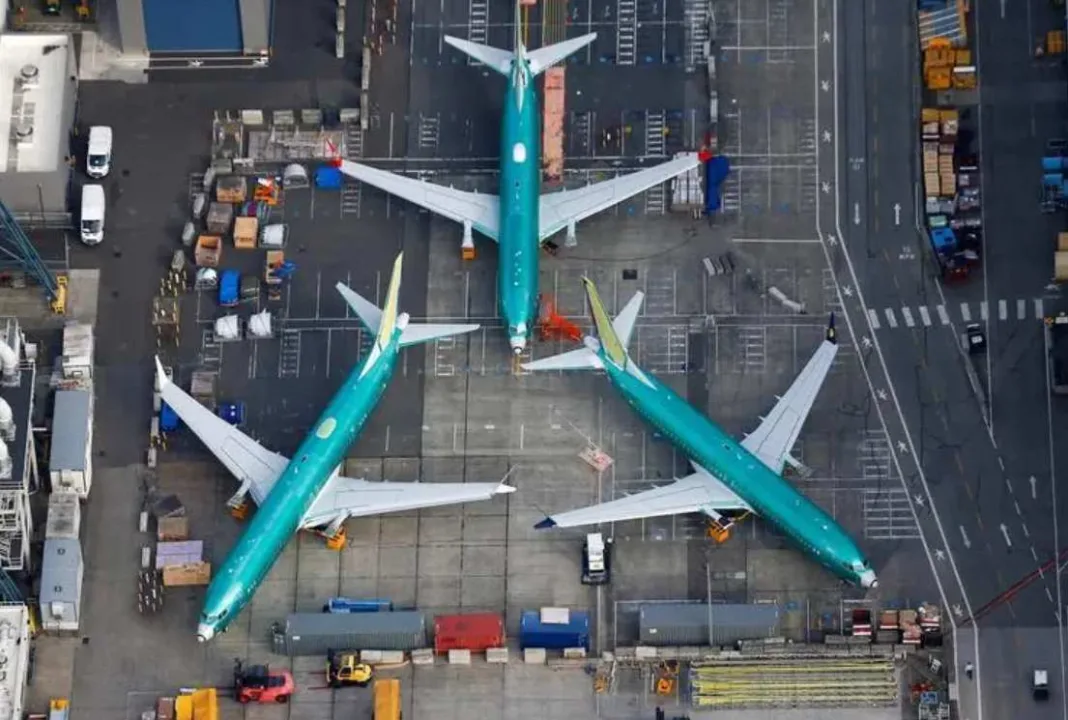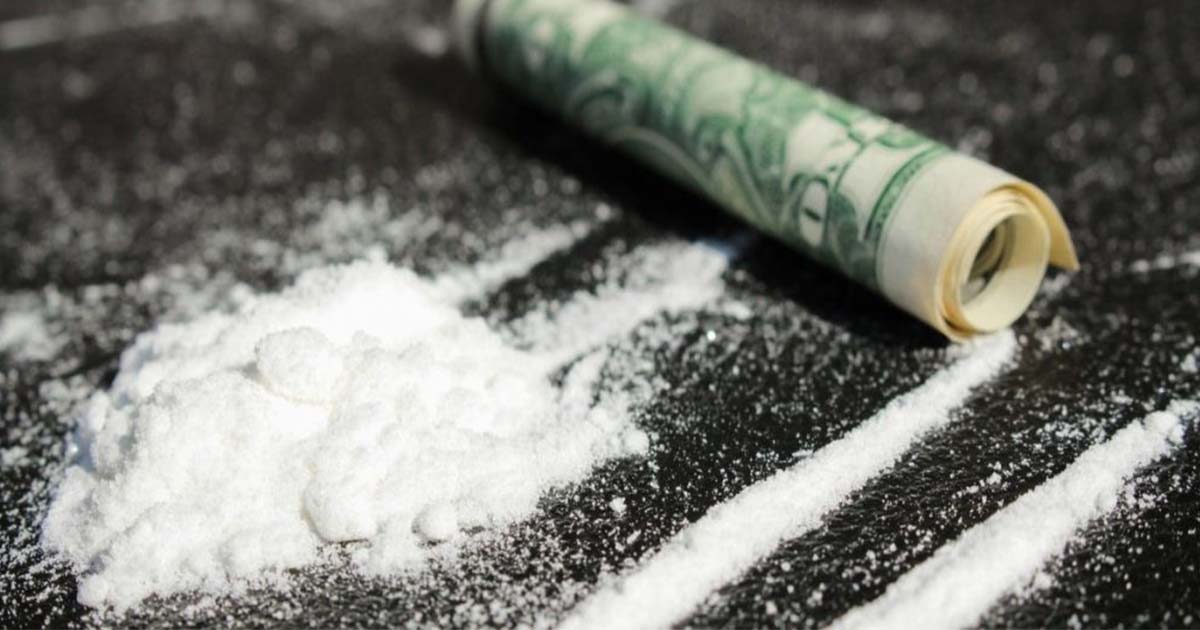The aerospace industry faces a new challenge as counterfeit titanium, verified with fake documentation, has been discovered in Boeing and Airbus jets. The Federal Aviation Administration (FAA), along with Boeing, Airbus, and Spirit AeroSystems, is investigating the potential safety hazards posed by these components. This revelation marks another setback for an industry already grappling with multiple quality and safety issues.
The FAA and Boeing have confirmed their ongoing investigations. Boeing stated that the questionable titanium parts originate from a limited set of suppliers, but tests so far indicate that the correct titanium alloy was used. “To ensure compliance, we are removing any affected parts on airplanes prior to delivery. Our analysis shows the in-service fleet can continue to fly safely,” Boeing emphasized.
Extensive Testing and Quarantine Measures
Spirit AeroSystems, a key supplier, is scrutinizing counterfeit documents that facilitated the entry of dubious titanium into the supply chain. “More than 1,000 tests have been completed to confirm the mechanical and metallurgical properties of the affected material to ensure continued airworthiness,” said Joe Buccino, a spokesperson for Spirit. Airbus has also conducted numerous tests and maintains that the A220’s airworthiness remains intact.
The FAA is currently assessing the safety implications for aircraft manufactured with these materials. According to reports, the Boeing 737 Max, 787 Dreamliner, and Airbus A220 jets are among the affected models, although the exact number of planes impacted remains unclear. Boeing has issued a bulletin to suppliers, urging vigilance against falsified records.
Historical and Recent Safety Incidents
This investigation follows a series of high-profile issues for Boeing, including two fatal crashes of its 737 Max in 2018 and 2019, which resulted in a 20-month grounding of the jet. More recently, a door plug failure on an Alaska Airlines 737 Max flight in January forced an emergency landing. Airbus has also faced engine problems, grounding several of its planes.
Read More: Moody’s Comments on Pakistan’s Debt Sustainability, IMF Negotiations
Boeing’s CEO, Dave Calhoun, is set to testify before a Senate committee regarding the company’s safety problems. He is scheduled to step down at the end of 2024. The counterfeit titanium issue spans aircraft built between 2019 and 2023, potentially affecting the structural integrity of these jets.
Global Supply Chain Complications
The problem underscores the complexities of the global supply chain in modern jetliner production. The counterfeit titanium saga traces back to a Chinese supplier in 2019, whose materials were sold to Turkish Aerospace Industries and subsequently made their way to Spirit AeroSystems. An Italian company, Titanium International Group, identified discrepancies in the documentation and flagged the issue.
Spirit’s investigations revealed that an employee at the Chinese company forged the details on the certificates of conformity. These documents, essential for verifying the quality and origin of the titanium, falsely claimed the material came from Baoji Titanium Industry, a reputable supplier. The true origin of the titanium remains unknown.
Ongoing Efforts to Ensure Airworthiness
Spirit is rigorously testing titanium parts to ensure they meet aviation standards. Although some parts have passed initial tests, others have failed, raising concerns about their airworthiness. “Our quality management process relies on the traceability of the raw materials all the way from the mills,” said Gregg Brown, Spirit’s senior vice president for global quality. The lack of traceability has created significant challenges.
Aircraft already in service will undergo monitoring, and affected parts will be removed during routine maintenance checks. Spirit continues to work with Boeing and Airbus to identify and address the compromised components, aiming to maintain the safety and integrity of the global fleet.
This incident highlights the critical importance of stringent supply chain oversight and robust quality assurance processes in the aerospace industry, as stakeholders strive to maintain the highest safety standards amidst increasing challenges.














